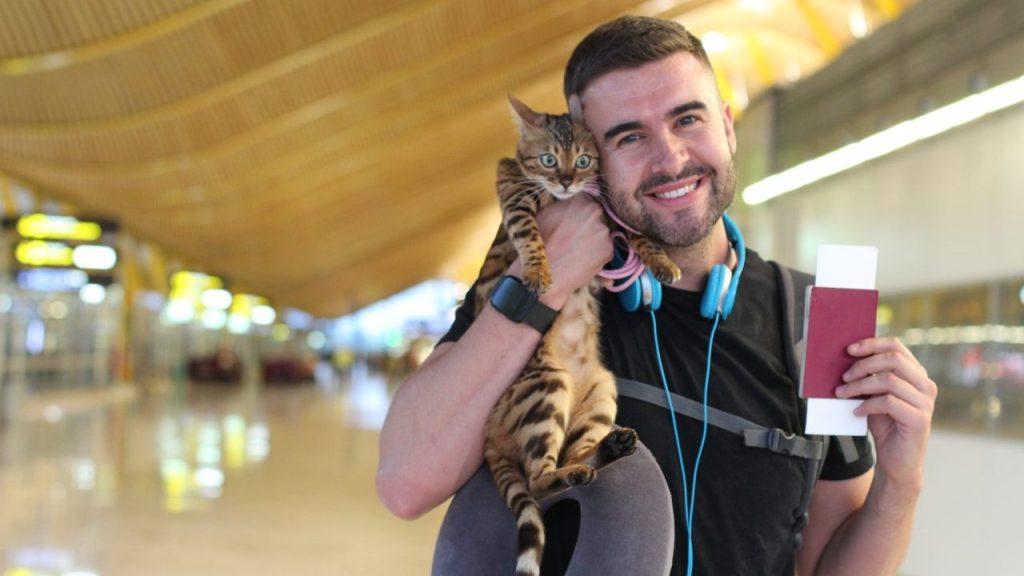Traveling is one of the most stressful endeavors a human must endure. Wouldn’t it be awesome if you could cuddle with a furry friend before your long flight? Well, now you can, if you’re traveling through the San Francisco International Airport. But if you’re envisioning a therapy dog, think again! That’s because the airport has a new hire: a 14-year-old therapy…

Choosing a name for your cat is tough. It’s a decision that will stick with your four-legged friends for…








